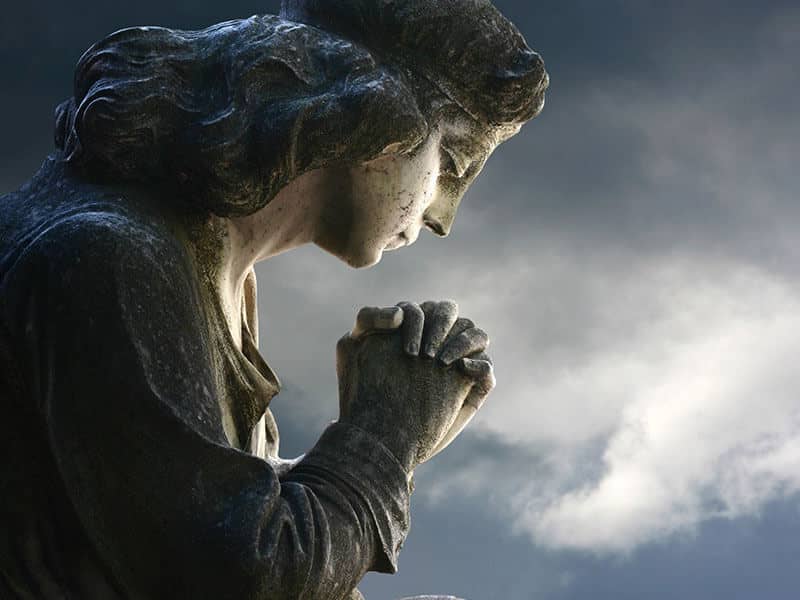
 Our culture spends a lot of time thinking about bodies these days.
Our culture spends a lot of time thinking about bodies these days. Specifically, dead bodies. It's hard to turn on the TV during prime time without running into a show that's fixated—usually in very graphic terms—with dead people of one kind or another. Here in New York, advertisements for "Bodies," the controversial exhibition featuring actual, chemically treated human cadavers, are on just about every other bus or phone booth you pass.
Of course, thinking about the body—and specifically, about the fact that bodies are mortal—is an old and venerable practice. For centuries Buddhist monks in India and Japan have meditated in graveyards in order to keep the fact that they themselves are going to die someday at the center of their consciousness. Here in the West, the memento mori (Latin for "remember your death"), a picture featuring skulls, decaying corpses or other such vivid and unsettling reminders of the transience of the flesh, was for centuries a popular subject for painters.
But there's a crucial difference between these ancient, sacred ways of being preoccupied with death and the kind we see around us today. In times past, meditating on death, difficult as it might have been, was ultimately in the service of something positive: it forced you to have a clearer vision of the reality of the spirit. Despite the differences in the faiths of the people who practiced them, all of these old strategies for keeping death in mind were centered on a single insight that was common to them all: We are not our bodies.
Kids know this instinctively. Try telling a four or five-year-old that she is her body, and you'll get corrected. The me that, as children, we feel ourselves to be is always much more than the physical body that houses it. It's only as we get older that we lose this easy and natural ability to experience ourselves as more than simply physical beings.
A few years ago, I was assigned by Guideposts Magazine to interview a coroner named Janis Amatuzio. Through her books and website (www.foreverours.com) Doctor Amatuzio, who sometimes calls herself "the compassionate coroner," has become well-known for her firm belief that far from ending with the death of the body, our lives in a certain sense only begin there.
On the morning I visited her in her offices—an underground medical complex in a suburb of Minneapolis—Doctor Amatuzio was dressed in a fashionable magenta pantsuit that somehow struck me as the last thing in the world a coroner would wear to work.
"I was in my scrubs earlier," said Dr. Amatuzio brightly. "I had two autopsies to conduct this morning. But I wanted to look our best for Guideposts."
After the interview, Janis took me on a tour of her facility, culminating with the autopsy room itself, where she cheerfully pointed out the various instruments she used and how they worked.
"An autopsy is an extremely personal event," Janis told me. "It's like going through a person's wallet."
That last comment of Janis's has stuck with me ever since. It is, I feel, just about the most perfect way of describing our relationship to our bodies I've ever heard. I get to know my wallets very well over the years. There always comes a point where I get to know each of them so well, in fact, that I realize I don't ever want to discard it. There's just simply too much of me connected to it.
But, inevitably, the day comes when I realize that the wallet is just too beat-up to keep using. I take everything out of it—credit cards, old family photos, concert ticket stubs saved from 30 years ago…By the time I've finished, this object that I've carried with me so closely for day after day and year after year suddenly turns into a limp, almost weightless square of worn-out leather. I give it a last, thoughtful turn in my hand—and then I toss it in the trash.
We are not our bodies. At least, not the frail and fallible ones we carry around with us each day down here on earth. That's the lost lesson hiding behind all the bodies our culture bombards us with today. Though I don't always like the way it's conveyed, the message itself is priceless.

